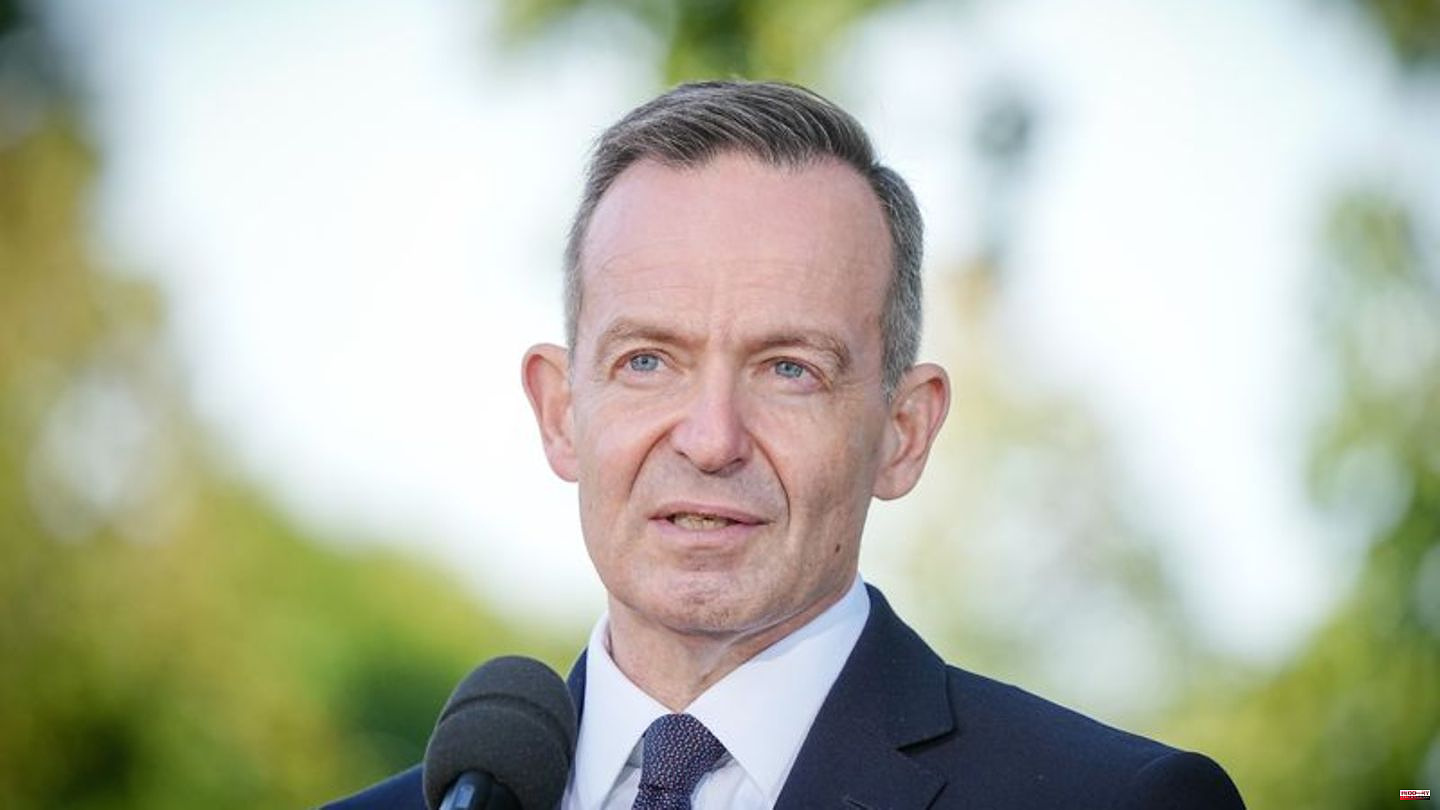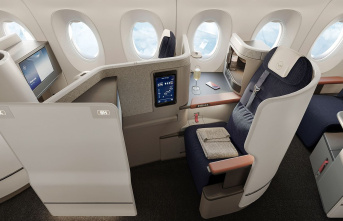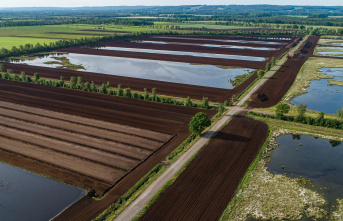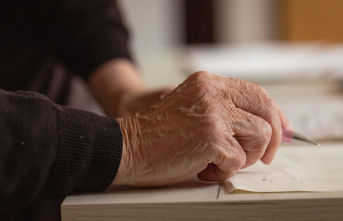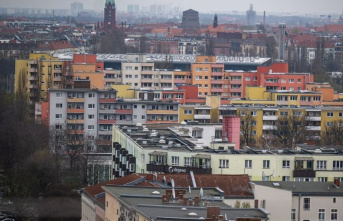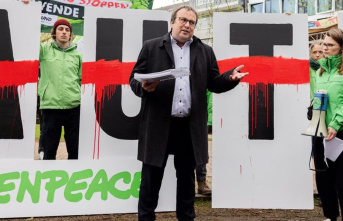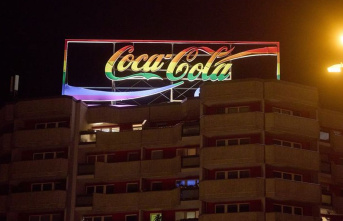After the expiry of the 9-euro tickets, Federal Minister of Transport Volker Wissing relies on quick clarifications with the federal states for a permanently attractive and affordable local transport offer.
The FDP politician told the German Press Agency: "We know that we have triggered an enthusiasm for public transport that has probably never existed in Germany before." These are reasons to take the next step quickly. The digital offer and the nationwide validity of the 9-euro tickets triggered something that had not previously been sufficiently considered: "Namely, how attractive a simple ticket is for people."
End of the spectacular special offer
The special campaign to relieve passengers of increased energy costs ended on Wednesday. In June, July and August, the 9-euro tickets enabled travel on buses and trains of local public transport throughout Germany for one month. According to industry information, around 52 million tickets were sold. The federal government financed the campaign with 2.5 billion euros to compensate for loss of income from transport providers.
"It was clear from the start that this 9-euro ticket, which was an extremely cheap fare in an extreme situation, could not be maintained in the long term," said Wissing. But it is important to him not to dismiss this as an experiment, but to draw the right lessons. "I am pleased that, unlike in spring, I no longer see resistance everywhere, but broad support to take a major reform step in public transport together."
The minister said: "We need an agreement on that now, and that cannot start with us naming a ticket price first." This is the result of the reform steps to be agreed. The first question is what such a ticket should look like: "How should it be valid, how can it be purchased? Should it be a monthly ticket or a ticket that you buy as an annual subscription? Should it only be one tariff or several tariffs How can we make the many transport associations, which represent a hurdle, at least invisible to users through digitization?"
"Once these questions have been clarified, then the federal states whose primary responsibility is public transport must also answer the question of the extent to which they can contribute financially to such a reform," said Wissing. "And then, of course, there is the question of how and to what extent the federal government will participate." When it comes to an innovative, simple and attractive offer, he knows Finance Minister Christian Lindner (FDP) is by his side.
Various suggestions under discussion
Lindner had agreed that a nationwide offer could be realized with a fraction of the 14 billion euros required for the 9-euro ticket per year if the federal states participated. Wissing said he was able to convince Lindner that it would be worthwhile for the federal government to invest here. "Mobility is also an important prerequisite for the financial stability of our state. If people are mobile, they can get to work, people consume, goods are transported. In this respect, we agree that, within the framework of what is financially feasible, together with the countries want to complete this reform process quickly."
Wissing explained: "Through digitization and simplified tariffs, we also have the opportunity to save money, namely in sales costs. In the current system, they add up to two billion euros a year for the federal states. I know platforms, there are three different ticket machines for public transport ." It is important to analyze what scope could arise there.
Various suggestions for subsequent models are already under discussion - for example for a 365-euro annual ticket and monthly tickets for 29, 49 or 69 euros. Wissing said that only at the very end would an invoice come out that would provide the price. "If you say a ticket price is set and the rest has to be adjusted, then you don't get an optimal reform." The FDP politician emphasized that he was always ready to talk to the federal states. "I can't say exactly when such a ticket could be implemented and on what date."
With a view to the example of the 9-euro ticket, Wissing said: "Of course it's great that you can buy the ticket anywhere and travel anywhere with it. That's something particularly valuable, which makes it extremely easy to use. It should definitely be a be a digital ticket if possible."
Certain differentiation options would also be required. "Some say we need a cheaper tariff for certain population groups." It could also be that a ticket for the whole of Germany would have a higher price than one that would only be valid in one or two federal states.
Wissing confirmed: "I'm not a fan of free public transport. Because the offer has to be continuously developed, and we shouldn't overlook the fact that quality is an important feature." It has its price. "But it has to be so attractive that as many users as possible become permanent customers. Cheap and bad doesn't help anyone." Even one euro a day cannot be the right assessment basis for setting up a tariff. "The question is, what do I get for it? If I pay a euro a day and get a bad offer every day, then this is not attractive."

